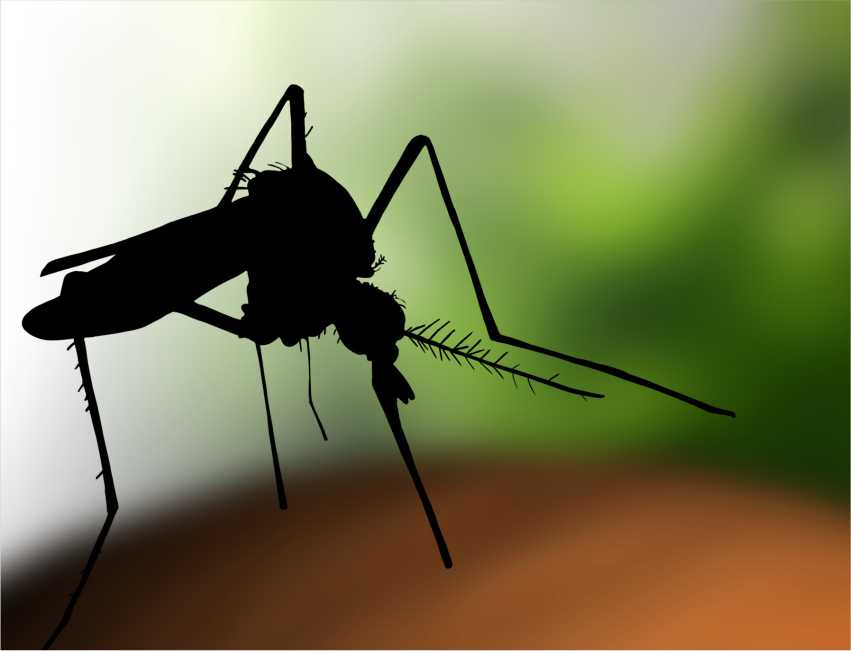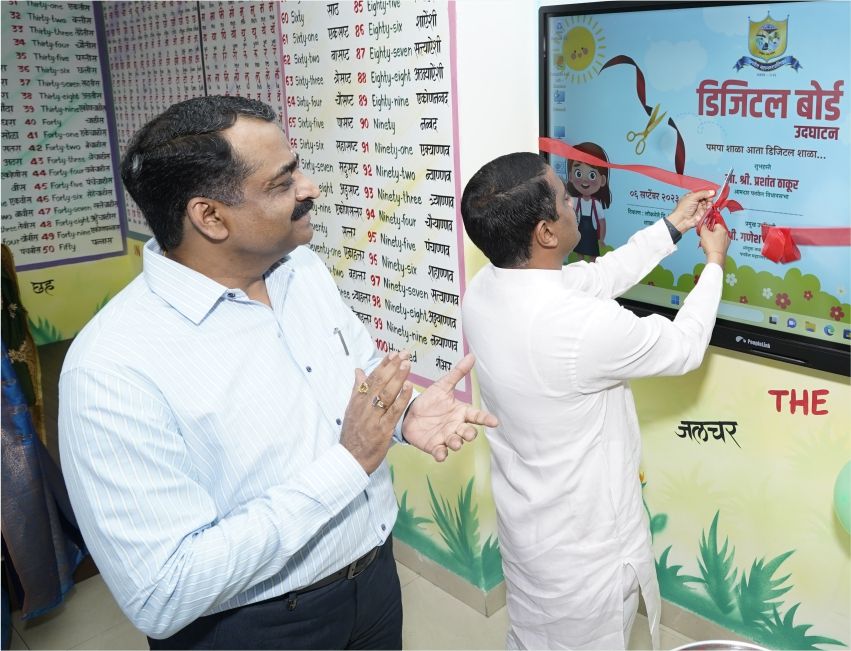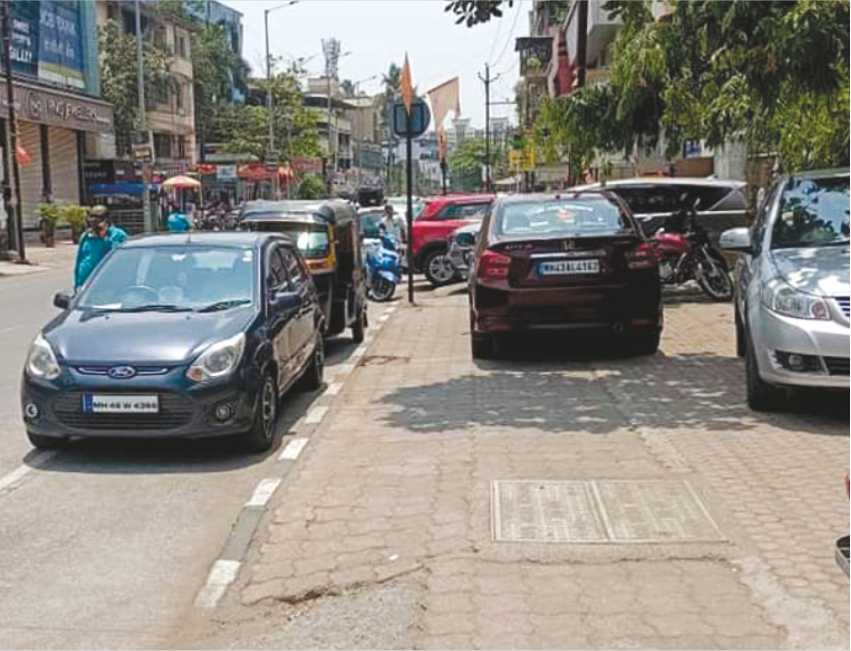Combatting Mosquito Menace

- Indrani Basu
- 24 Nov, 2023
As the weather undergoes sudden transitions, Navi Mumbai and Panvel residents find themselves grappling not only with the mosquito menace but also the associated health concerns, such as viral colds and coughs, and the looming fear of mosquito-borne diseases like malaria and dengue. Unfortunately, little has been done to effectively address and mitigate these health risks, particularly those posed by dengue and malaria.
Dengue, a tropical disease, thrives in regions around the equator where hot weather and intermittent rainfall create favourable conditions for the Aedes aegypti mosquito. The eggs of this mosquito species can remain dormant for extended periods, hatching upon contact with water, making disease prevention a formidable challenge. In rapidly urbanizing areas like Navi Mumbai and Panvel, characterized by inadequate town planning and sanitation issues in slums, the risk factors for mosquito multiplication are exacerbated. Given that Aedes mosquitoes have limited flight ranges, maintaining cleanliness becomes crucial in preventing their breeding.
It is imperative for the Navi Mumbai Municipal Corporation and the Panvel City Municipal Corporation to embark on a comprehensive 360-day campaign, adopting a slow yet steady approach to combat the mosquito menace and reduce vector-borne cases. Municipal corporations should actively spray anti-larvae treatments and disseminate awareness on preventing mosquito breeding in and around communities by eliminating stagnant water and using larvicidal chemicals in periodic cycles.
A critical aspect is the need for an increased number of skilled workers in the health department to ensure that no aspect of disease prevention is overlooked. The National Vector Borne Disease Control Program has highlighted the deficiency of manpower, leading to inadequate active surveillance in India.
Special emphasis must be placed post monsoon season, implementing measures to prevent mosquito proliferation. Municipal bodies should not wait until citizens complain about the mosquito menace but rather engage in regular fumigation, destroying breeding sites, and closely monitoring sensitive areas. Proactive efforts can significantly reduce the burden on the healthcare system and safeguard public health.
Simultaneously, citizens play a crucial role in maintaining clean surroundings and promoting a hygienic atmosphere. Public awareness campaigns should stress the importance of individual responsibility in preventing mosquito breeding, fostering a collective commitment to community health.
Addressing the mosquito menace requires a collaborative effort between civic bodies, health authorities, and citizens. By implementing sustained preventive measures, increasing manpower, and fostering a sense of responsibility, we can create an environment where vector-borne diseases are minimized, ensuring the well-being of our communities during the challenging monsoon season.




